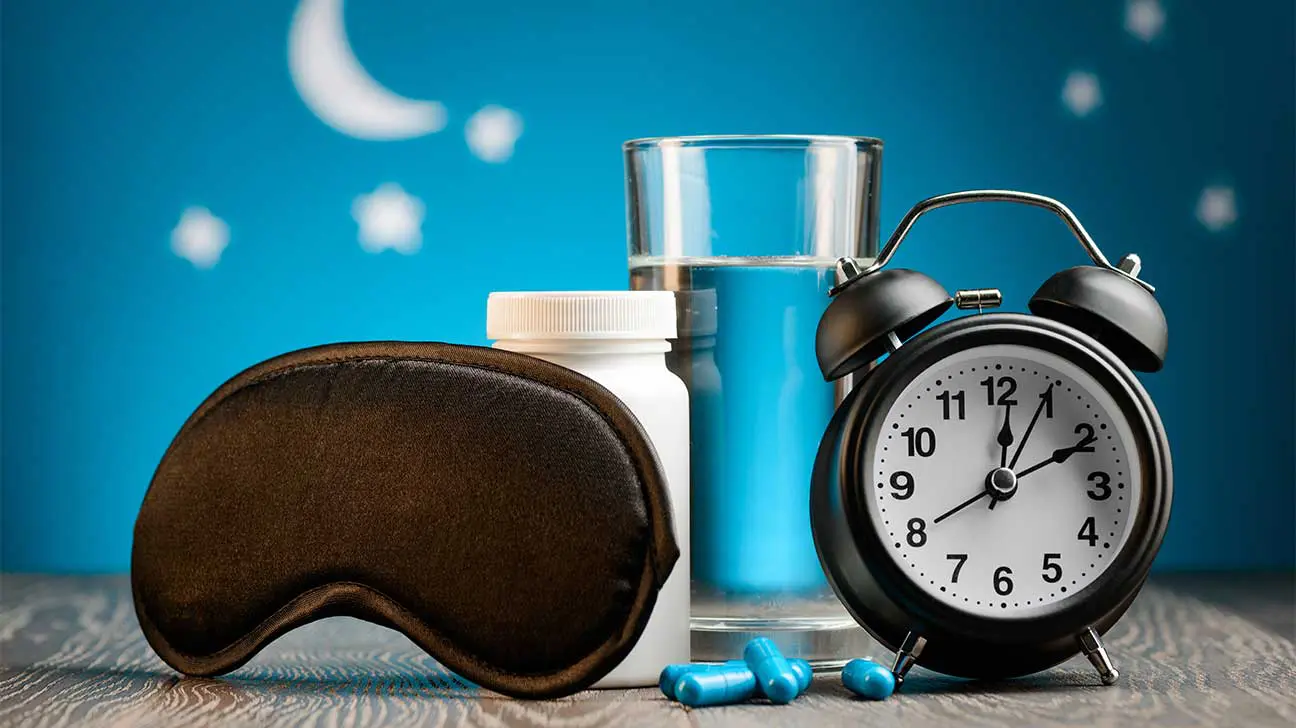
Melatonin is a hormone naturally occurring in the brain that aids in the body’s sleep-wake cycle, known as the circadian rhythm.
Melatonin supplements are used to treat sleep disorders by raising levels of melatonin in the body, encouraging a sense of quiet wakefulness that helps people fall asleep.
A normal dose of melatonin for adults is between 1 and 10 milligrams (mg). The dose for children is lower at 5 mg.
Learn more about the lethal dose of commonly abused drugs
Conclusions On The Lethal Dose Of Melatonin
It is possible to overdose on melatonin, but as of now, no lethal dose has been determined. There have been no melatonin-related deaths.
Researchers have also yet to explore potentially harmful interactions between melatonin and other medications.
Scientific studies have found doses in the range of 1 to 10 mg to be effective, but there is not enough conclusive data to know what a dangerous amount might be in humans.
Those who use melatonin to treat anxiety or a sleep disorder should start with a low dose and slowly raise the amount by small increments to avoid overdosing.
Signs Of A Melatonin Overdose
While melatonin is not known to be lethal, the effects of an overdose can be damaging.
Here are a few signs of a melatonin overdose:
- nausea
- anxiety
- headaches
- dizziness
- night terrors
- joint pain
- abdominal pain
In most cases, melatonin overdose can be treated at home or in an emergency medical setting. Overdose effects are not generally life-threatening.
Finding Treatment For Substance Abuse
If you or a loved one have intentionally overdosed on melatonin, or are regularly taking more than the recommended daily dose, this can be an indication of substance abuse.
We’re here to help you. If you’re interested in learning about first steps in addiction recovery, just call our helpline.
One of our representatives will talk you through a variety of treatment options, such as inpatient rehab, outpatient rehab, therapy groups, and more.
Addiction Resource aims to provide only the most current, accurate information in regards to addiction and addiction treatment, which means we only reference the most credible sources available.
These include peer-reviewed journals, government entities and academic institutions, and leaders in addiction healthcare and advocacy. Learn more about how we safeguard our content by viewing our editorial policy.
- British Journal of America — III. Perioperative melatonin: not ready for prime time
https://bjanaesthesia.org/article/S0007-0912(17)31962-1/fulltext - Hong Kong Journal of Emergency Medicine — An upsurge in melatonin overdose: case reports
https://journals.sagepub.com/doi/pdf/10.1177/102490790100800305 - The National Center for Biotechnology Information — Problems in assessment of acute melatonin overdose
https://pubmed.ncbi.nlm.nih.gov/9114843/ - The National Center for Complementary and Integrative Health — Melatonin: What You Need To Know
https://www.nccih.nih.gov/health/melatonin-what-you-need-to-know


